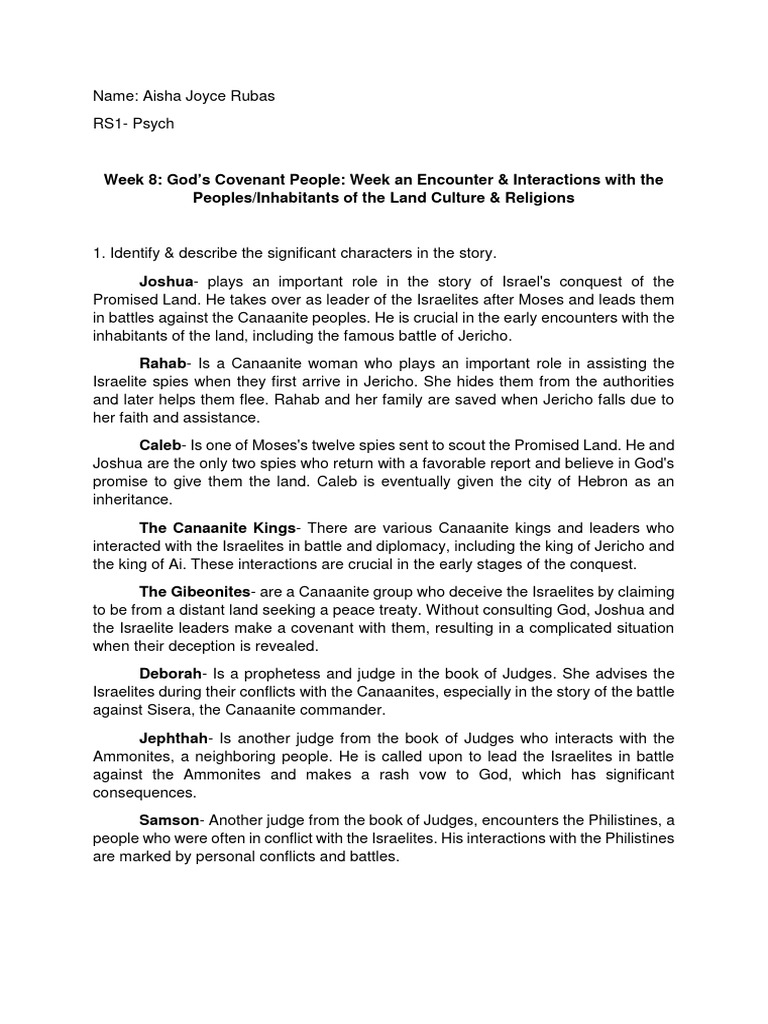In an increasingly fragmented world, the teachings of the Bahá’í Faith offer a compelling framework for the unification of religions. Central to this perspective is the concept of the Day of the Covenant, which signifies a pivotal moment in religious history marked by the establishment of eternal promises and divine guidance. The Bahá’í teachings elucidate the notion that all religions stem from a singular divine source and are part of a larger continuum that seeks to promote the well-being of humanity. This article will explore the Bahá’í perspective on unifying religions, focusing on the significance of the Day of the Covenant, the role of prophetic fulfillment, and the implications for global harmony.
The Day of the Covenant is an annual observance for Bahá’ís, commemorating the appointment of Abdu’l-Bahá as the Center of the Covenant established by his father, Bahá’u’lláh. This day serves as a reminder of the continuity of divine guidance through the successive revelations of God’s messengers. It is a celebration not merely of the historical figure of Abdu’l-Bahá but rather of the profound spiritual lineage intertwined in the fabric of religious teachings. By recognizing his station, Bahá’ís honor the covenant that binds them to the essence of God’s will in a collective embrace of unity.
The Bahá’í Faith posits that all major world religions originate from the same divine source—God. Each prophet or messenger, whether Moses, Jesus, Muhammad, or Bahá’u’lláh, brings forth teachings that are appropriate to the context of their time, yet they all espouse fundamental truths that resonate across eras. This concept of progressive revelation emphasizes a theological underpinning: that God continuously sends educators who not only provide spiritual guidance but also inspire humanity toward ethical and moral advancement.
From a Bahá’í standpoint, the essence of the Day of the Covenant extends beyond the acknowledgment of Abdu’l-Bahá’s role. It represents an invitation for all people, irrespective of their religious backgrounds, to engage with the universal principles of love, justice, and cooperation espoused by various faiths. The Bahá’í teachings promote a deep respect for all religions, recognizing them as chapters in humanity’s collective story. This inclusivity fosters dialogue, allowing adherents of different faiths to come together in an atmosphere of mutual respect.
Integral to the fabric of the Bahá’í teachings is the principle of unity in diversity. This tenet encourages a harmonious coexistence among different belief systems while acknowledging the unique contributions of each. Conflict among the world’s religions often stems from misconceptions, exclusivist attitudes, and a lack of understanding regarding the shared origins of their teachings. The Day of the Covenant, therefore, serves not only as a commemoration but as a call to action for interfaith dialogue and collaboration, nurturing a global community united under the banner of shared values.
Furthermore, the importance of the Covenant itself cannot be overstated. Bahá’ís believe that adherence to divine covenants is crucial for spiritual and social progress. The covenant acts as a magnetic force, drawing individuals toward a collective understanding that transcends individual identity. It encapsulates a deeper loyalty—a commitment to uphold the principles of justice, compassion, and solidarity among all humanity. The Day of the Covenant thus becomes a focal point, reflecting the continuity of these ideals through the ages.
In exploring the prophetic fulfillment that accompanies the Day of the Covenant, one can perceive the significance of divine promises throughout history. Each religious tradition carries its own prophetic lineage, culminating in the Bahá’í revelation that seeks to unify these disparate threads. The expectation of future manifestations and new teachings heralds an age of enlightenment, where the lessons of one will illuminate the paths of others. Through this lens, the role of religious leaders acquires a renewed significance, positioning them as architects of a more unified existence rather than constructors of barriers.
Moreover, the teachings of the Bahá’í Faith outline a vision for a unified world. The concept of “the oneness of humanity” is intrinsic to their belief system—championing a world where all individuals, regardless of ethnicity, culture, or religious affiliation, are viewed as equal. This radical shift in perception is essential for addressing the systemic inequities and discord that presently prevail in the global landscape. The Day of the Covenant serves as a pivotal reminder that unity is both a spiritual and practical necessity.
As Bahá’ís aspire to create a new world order fiercely grounded in spiritual principles, the Day of the Covenant emerges as an affirmation of hope amid challenges. This observance encourages individuals to deepen their understanding of the interconnectedness of all faiths and to embody the virtues that these traditions extol. By adhering to the core tenets of love, service, and unity, Bahá’ís actively contribute to the unfolding narrative of human development.
In conclusion, the teachings of the Bahá’í Faith present a sophisticated paradigm for understanding the unification of religions on the Day of the Covenant. This celebration encapsulates the essential truths shared across diverse faith traditions while emphasizing the importance of the Covenant as a binding force for collective human advancement. By transcending the limitations of exclusivity, Bahá’ís invite all to partake in a journey toward global harmony, fostering a world that recognizes the interconnectedness of all souls. Through engagement with these principles, we can move towards a more peaceful and enlightened society, ultimately realizing the divine promise of unity and justice for all.
